Is A Ultrabook A Good Laptop?
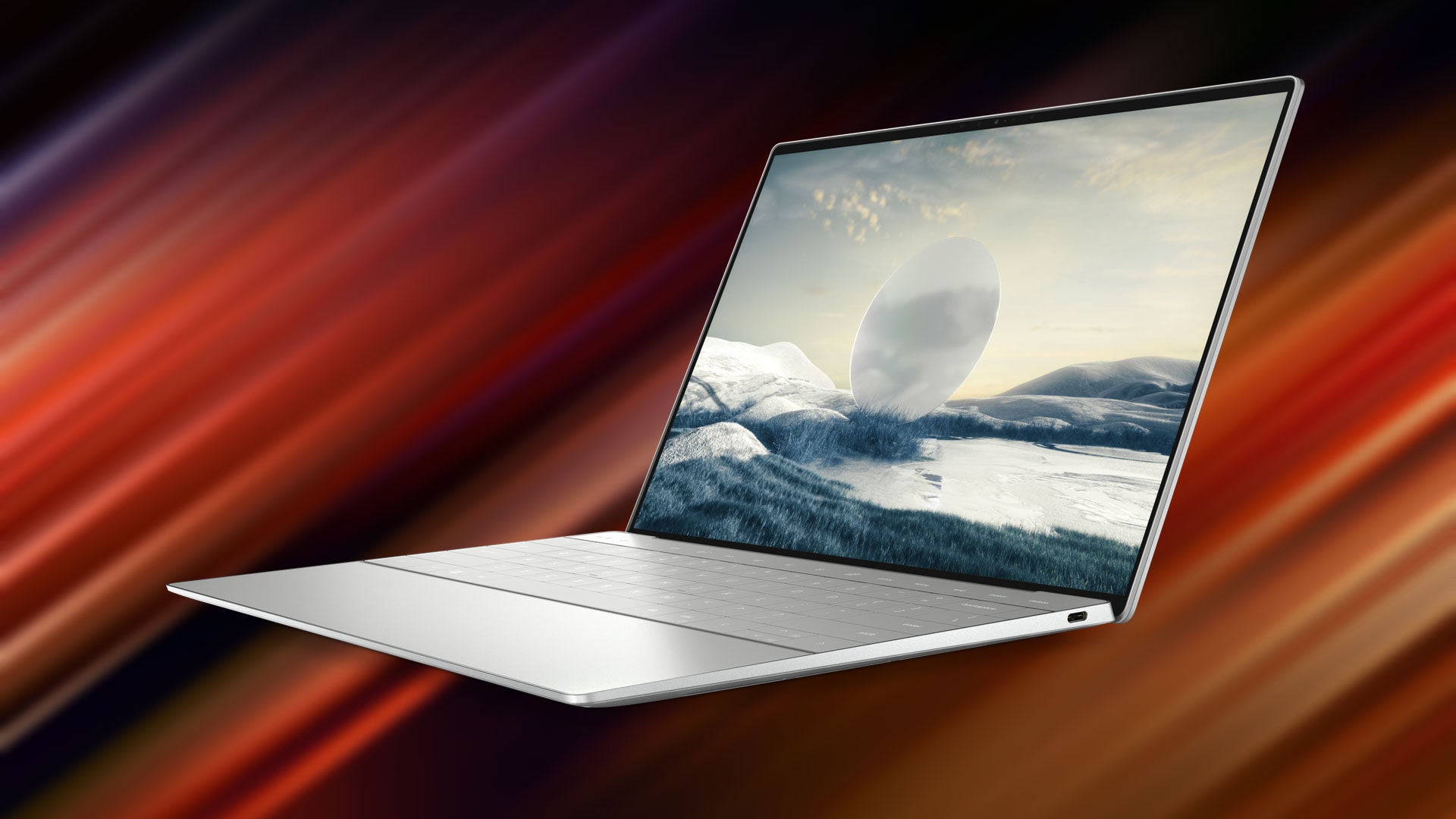
So I recently got my hands on an ultrabook, and I have to say, I’m thoroughly impressed. This sleek, lightweight laptop is not just aesthetically pleasing, but it also packs a punch in terms of performance. But the question remains, is an ultrabook really a good laptop? Well, let me dive into the details and share my experience to help you make an informed decision.
Understanding the Concept of Ultrabook
Definition of Ultrabook
An Ultrabook is a type of laptop that is designed to be lightweight, slim, and highly portable, while still providing powerful performance capabilities. It is a term coined by Intel to describe a specific category of laptops that meet certain criteria, such as having a thin profile, long battery life, and fast boot-up times. Ultrabooks aim to bridge the gap between traditional laptops and tablets, offering the convenience of a portable device with the functionality of a full-fledged computer.
Evolution and history of Ultrabooks
The concept of Ultrabooks emerged in 2011, when Intel introduced the term to promote a new generation of laptops that would revolutionize the industry. The goal was to create a device that combined the best features of both laptops and tablets, resulting in a more versatile and portable computing experience. Over the years, Ultrabooks have evolved to become more powerful and feature-rich, with advancements in processor technology, storage capacity, and display quality. Today, Ultrabooks are considered to be the pinnacle of laptop design and functionality.
Understanding the Ultrabook’s design and structure
One of the defining characteristics of an Ultrabook is its sleek and slim design. These laptops are typically less than an inch thick and weigh around 3 pounds or less, making them incredibly lightweight and easy to carry around. The compact form factor of Ultrabooks is achieved by using lightweight materials, such as aluminum and carbon fiber, which provide durability without adding unnecessary bulk. Additionally, Ultrabooks often feature a minimalistic design with slim bezels and a focus on aesthetics. The keyboards are usually backlit, and the trackpads are precise and responsive. Overall, the design and structure of Ultrabooks are aimed at providing a premium and premium look and feel, without compromising on performance.
Key Features of an Ultrabook
Performance capabilities
Despite their slim and lightweight form factor, Ultrabooks offer impressive performance capabilities that rival traditional laptops. They are powered by Intel Core processors, which are known for their efficiency and power. These processors provide fast and responsive performance, allowing users to multitask, run demanding software, and even play games without any lag or slowdown. Additionally, Ultrabooks often come with ample storage options, including solid-state drives (SSD) that offer fast data transfer speeds and quick boot-up times.
Battery lifespan
One of the key selling points of Ultrabooks is their long battery life. Thanks to advancements in battery technology and power-efficient processors, Ultrabooks can provide several hours of usage on a single charge. Depending on the model, Ultrabooks can offer anywhere from 8 to 15 hours of battery life, which is significantly better than traditional laptops. This makes Ultrabooks ideal for users who are constantly on the go or frequently travel, as they can work or entertain themselves without having to worry about finding a power outlet.
Weight and portability
Ultrabooks are specifically designed to be lightweight and highly portable. They are slim and compact, allowing users to easily slip them into a bag or backpack without weighing them down. This makes Ultrabooks perfect for students, business professionals, and anyone who needs to carry their laptop with them throughout the day. The lightweight nature of Ultrabooks also makes them comfortable to use for extended periods, as they can be held or placed on the lap without causing strain or discomfort.
Display quality
Ultrabooks often feature high-quality displays that enhance the overall user experience. They typically come with Full HD (1920 x 1080) or even higher-resolution screens, which provide sharp and vibrant visuals. Many Ultrabooks also utilize IPS (In-Plane Switching) technology, which offers wide viewing angles and accurate color representation. Some premium Ultrabooks even come with touchscreen displays, allowing for intuitive and interactive navigation. The combination of a sleek design and an excellent display makes Ultrabooks a pleasure to use for multimedia consumption, content creation, and everyday productivity tasks.
Available connectivity options
Despite their slim profile, Ultrabooks come equipped with a range of connectivity options to ensure versatility and convenience. They usually feature multiple USB ports, including USB-C ports that support fast data transfer and charging. Most Ultrabooks also come with an HDMI port, allowing users to easily connect their laptops to external displays or projectors. The presence of a headphone/microphone combo jack and an SD card reader is also common in Ultrabooks. Additionally, some models offer Thunderbolt ports, giving users the ability to connect to high-speed external storage devices or other peripherals.
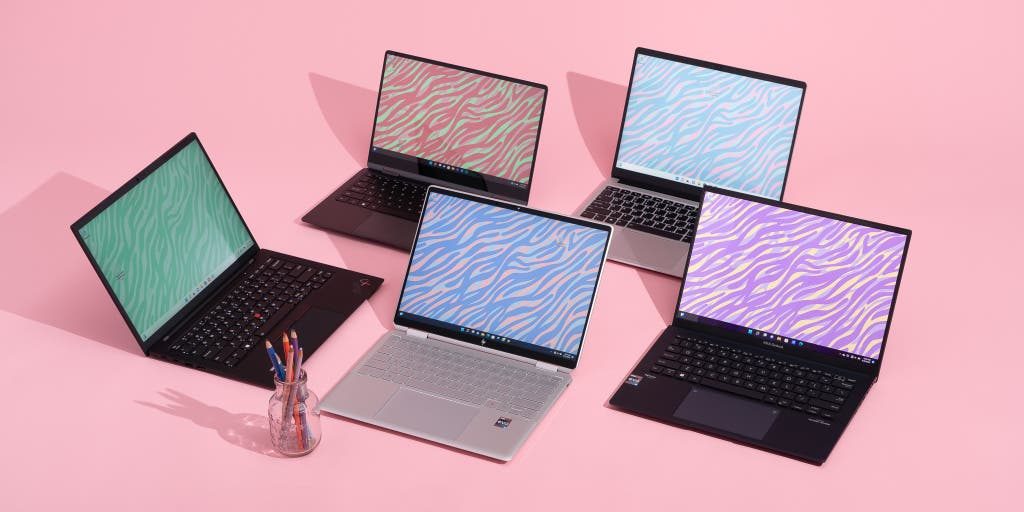
This image is property of cdn.thewirecutter.com.
Comparing Ultrabooks with Traditional Laptops
Differences in specifications
When comparing Ultrabooks with traditional laptops, one of the main differences lies in their specifications. Ultrabooks are generally equipped with the latest hardware components, including powerful processors, fast storage options, and ample RAM. They are designed to deliver excellent performance and responsiveness, making them ideal for demanding tasks such as video editing, graphic design, or gaming. On the other hand, traditional laptops may offer a wider range of specifications, catering to different budget and performance requirements. Traditional laptops can be found with a variety of processor options, including both budget-friendly and high-performance choices.
Differences in battery life
One of the key advantages of Ultrabooks over traditional laptops is their superior battery life. Ultrabooks are designed to have highly power-efficient processors and optimized software, allowing them to provide extended battery life on a single charge. Traditional laptops, on the other hand, may not prioritize battery life as much, as they often come with more powerful processors and graphics cards that consume more energy. As a result, traditional laptops typically have a shorter battery life, requiring more frequent recharging or access to a power outlet.
Comparison of weight and portability
Ultrabooks are specifically designed to be lightweight and highly portable. They prioritize slim profiles and lightweight materials, making them easy to carry around and comfortable to use on the go. Traditional laptops, on the other hand, often come in a variety of form factors, ranging from thin and light models to larger, bulkier ones. While there are certainly portable traditional laptops available, they may not offer the same level of convenience and ease of use as Ultrabooks.
Price comparisons
When it comes to price, Ultrabooks are generally positioned as premium devices and tend to be more expensive than traditional laptops with similar specifications. The slim design, high-quality components, and advanced features of Ultrabooks contribute to their higher price point. Traditional laptops, on the other hand, offer a wider range of price options to cater to different budgets. They can be found at various price points, allowing users to choose a laptop that meets their performance needs without breaking the bank.
Pros and Cons of Ultrabooks
Advantages of owning an Ultrabook
There are several advantages to owning an Ultrabook:
-
Portability: Ultrabooks are designed to be lightweight and highly portable, making them perfect for users who are always on the go or need to carry their laptop with them.
-
Performance: Despite their slim profile, Ultrabooks offer powerful performance capabilities, allowing users to handle demanding tasks such as photo editing, video rendering, and gaming.
-
Battery life: Ultrabooks typically have long battery life, allowing for several hours of usage on a single charge. This is particularly beneficial for users who travel frequently or work remotely.
-
Design: Ultrabooks are known for their sleek and stylish designs, often featuring premium materials and minimalistic aesthetics. They offer a premium look and feel that can enhance the overall user experience.
-
Display quality: Ultrabooks often come with high-resolution displays that offer sharp visuals and vibrant colors. This makes them ideal for multimedia consumption, content creation, and productivity tasks.
Drawbacks of Ultrabooks
While Ultrabooks have many advantages, there are also some drawbacks to consider:
-
Price: Ultrabooks are generally more expensive than traditional laptops with similar specifications. The premium design and advanced features of Ultrabooks contribute to their higher price point.
-
Limited upgrade options: Due to their slim and compact design, Ultrabooks often have limited upgrade options. Components such as RAM and storage may be soldered onto the motherboard, making it difficult or impossible to upgrade them later.
-
Limited connectivity: Ultrabooks tend to have fewer ports and connectivity options compared to traditional laptops. This may require users to rely on dongles or adapters to connect to external devices or peripherals.
-
Gaming limitations: While Ultrabooks can handle many tasks, including casual gaming, they may not offer the same level of performance or graphics capabilities as dedicated gaming laptops. Gamers requiring high frame rates and advanced graphics may need to consider a gaming-specific laptop.
Comparative analysis with other laptops
When comparing Ultrabooks with other laptops, it’s important to consider the specific needs and preferences of the user. Traditional laptops and gaming laptops may offer more customization options, including different processor choices and graphics cards. However, they tend to be bulkier and heavier, making them less portable. On the other hand, if portability and a long battery life are top priorities, Ultrabooks are the clear winner. They offer a sleek design, excellent performance, and high-quality displays, making them suitable for a wide range of users.
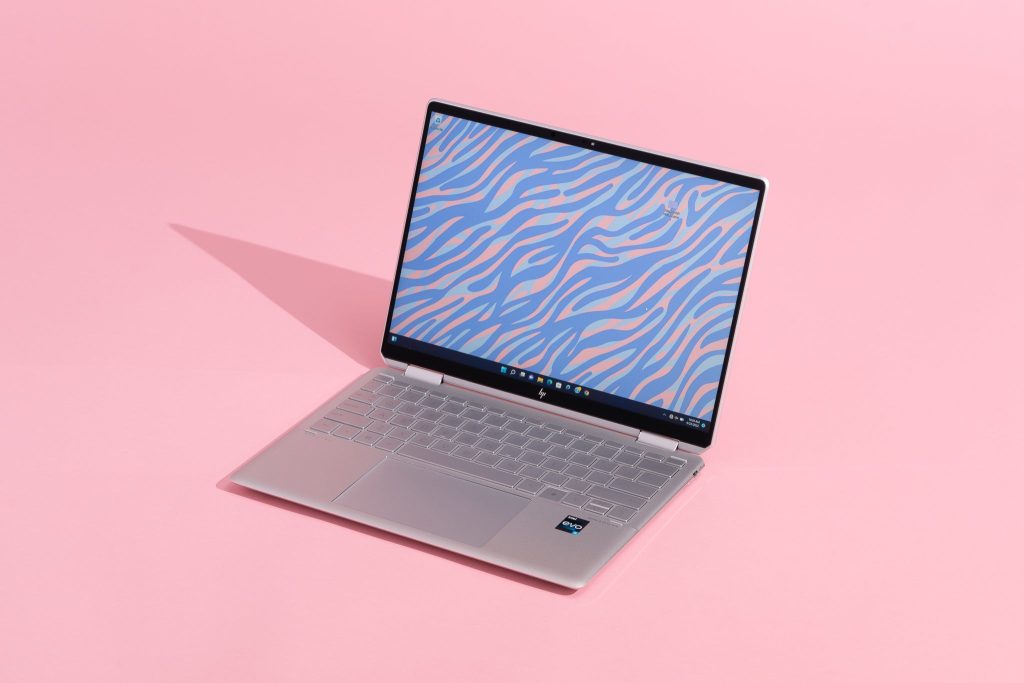
This image is property of cdn.thewirecutter.com.
Suitability of Ultrabooks for Different Users
Ultrabooks for students
Ultrabooks are well-suited for students due to their portability, long battery life, and performance capabilities. Students can easily carry an Ultrabook to classes and libraries without any hassle. The lightweight design ensures that it won’t weigh students down while commuting. Additionally, the long battery life of Ultrabooks allows students to work on projects and assignments for extended periods without having to worry about finding a power outlet. The performance capabilities of Ultrabooks also make them suitable for tasks such as note-taking, research, and multimedia consumption, all of which are essential for students.
Ultrabooks for business professionals
Ultrabooks are highly suitable for business professionals who require a powerful and portable device for their work. The slim and lightweight design of Ultrabooks makes them easy to carry to meetings, conferences, and business trips. Their long battery life ensures that professionals can work on the go, without the need for constant recharging. Ultrabooks also offer the performance capabilities needed for tasks such as creating presentations, running productivity software, and multitasking. The high-quality displays are perfect for reviewing documents, analyzing data, and making presentations, providing professionals with a seamless and efficient workflow.
Ultrabooks for gamers
While Ultrabooks are not specifically designed for gaming, they can still be suitable for casual gamers or those who prefer a portable gaming solution. Ultrabooks with dedicated graphics cards can handle less demanding games with ease. The slim and lightweight design allows gamers to take their Ultrabooks to LAN parties or gaming events without much hassle. However, it’s important to note that Ultrabooks may not offer the same level of performance and graphics capabilities as dedicated gaming laptops. Gaming enthusiasts who require high frame rates and advanced graphics may need to consider a gaming-specific laptop instead.
Ultrabooks for multimedia usage
Ultrabooks are excellent for multimedia usage, such as watching movies, editing photos, or creating music. The high-resolution displays and vibrant colors enhance the visual experience, allowing users to enjoy movies and TV shows in crisp detail. Ultrabooks with touchscreen displays provide intuitive control and navigation for photo editing and graphic design tasks. Additionally, the powerful processors and ample storage options enable users to run resource-intensive software smoothly, making Ultrabooks suitable for content creators and multimedia professionals.
Cost-Effectiveness of Ultrabooks
Costs of Ultrabooks over time
Ultrabooks are often positioned as premium devices and come with a higher initial cost compared to traditional laptops. However, it’s important to consider the value they provide over time. Ultrabooks typically come with long-lasting build quality and high-quality components, ensuring durability and reliability. This can minimize repair or replacement costs in the long run. Additionally, the long battery life of Ultrabooks reduces the need for frequent replacement or upgrading, further providing cost savings.
Comparing initial costs and long-term value
When comparing initial costs and long-term value, Ultrabooks may seem more expensive upfront. However, their premium build quality and advanced features justify the higher price tag. Ultrabooks offer a sleek design, powerful performance, and long battery life, which can greatly enhance the user experience. Additionally, Ultrabooks often come with warranties and customer support, providing peace of mind and additional value. In the long run, the benefits and longevity of Ultrabooks can outweigh the higher initial investment.
Financial benefits of Ultrabooks
Ultrabooks can provide several financial benefits to users. Their long battery life reduces the need for constant charging or reliance on power outlets, potentially saving on electricity bills. The portability of Ultrabooks allows users to work from anywhere, minimizing the need for expensive office setups. Additionally, the performance capabilities of Ultrabooks enable users to complete tasks efficiently and effectively, potentially increasing productivity and income. When considering the cost-effectiveness of Ultrabooks, it’s important to evaluate the specific needs and financial situation of the user.
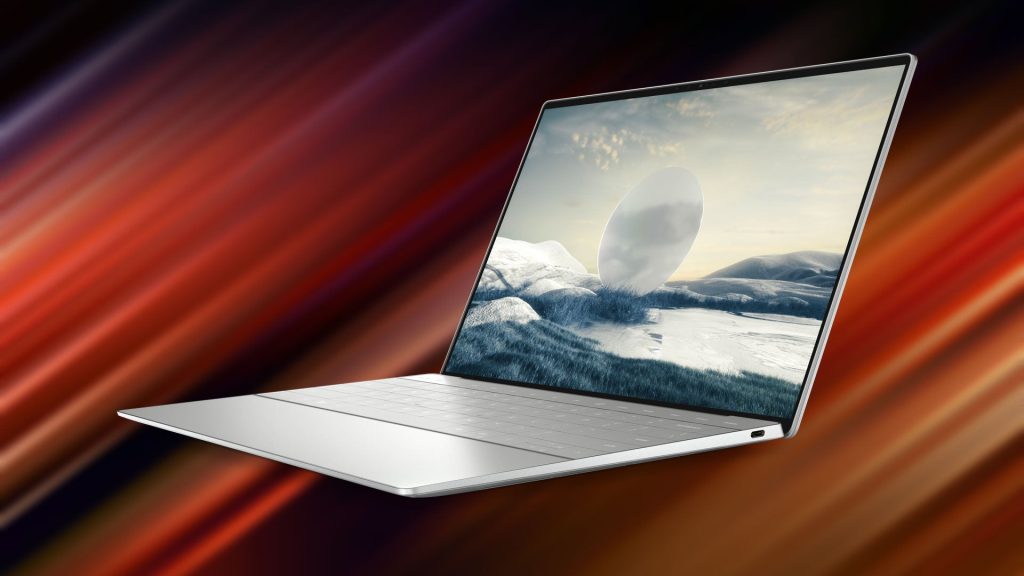
This image is property of assets-prd.ignimgs.com.
Understanding the Brands Offering Ultrabooks
Overview of popular Ultrabook brands
There are several well-known brands that offer Ultrabooks, each with its own unique features and design philosophy. Some of the popular Ultrabook brands include:
-
Apple: Known for its sleek and minimalist design, Apple offers the MacBook Air and MacBook Pro, both of which are considered top contenders in the Ultrabook category.
-
Dell: Dell’s XPS series is highly regarded for its powerful performance, stunning displays, and premium build quality. It offers a range of options to cater to different user requirements.
-
HP: HP’s Spectre series combines performance and aesthetics, offering thin and lightweight Ultrabooks with high-resolution displays and powerful processors.
-
ASUS: ASUS is known for its ZenBook series, which combines premium design, powerful hardware, and innovative features. The ZenBook lineup offers a wide range of options to cater to different user preferences.
Strengths and weaknesses of each brand
While each brand offers its own strengths and weaknesses, it ultimately comes down to personal preferences and requirements. Apple’s MacBook Air and MacBook Pro excel in terms of design, user experience, and ecosystem integration. Dell’s XPS series is praised for its build quality, display quality, and performance capabilities. HP’s Spectre series offers a balance between performance, aesthetics, and affordability. ASUS’s ZenBook series focuses on innovation, unique features, and hardware configurations. It’s important for users to consider their priorities, budget, and specific requirements when choosing between different Ultrabook brands.
Brand-specific features
Each brand offers its own unique features that set them apart in the Ultrabook market. Apple’s MacBook Air and MacBook Pro offer features such as the macOS ecosystem, Retina displays, and the Touch Bar for enhanced productivity. Dell’s XPS series features InfinityEdge displays, Dell Cinema for multimedia consumption, and a range of performance options. HP’s Spectre series includes features such as Bang & Olufsen speakers, HP Sure View privacy screens, and built-in privacy cameras. ASUS’s ZenBook series focuses on features like the ErgoLift hinge for improved typing experience, NumberPad integrated numeric keypad, and ASUS ScreenPad for enhanced productivity. These brand-specific features can greatly impact the overall user experience and should be considered when choosing an Ultrabook.
Maintaining and Upgrading an Ultrabook
Guide to Ultrabook maintenance
To ensure the longevity and performance of an Ultrabook, regular maintenance is crucial. Here are some essential tips:
-
Keep it clean: Regularly clean the keyboard, trackpad, and screen with a soft cloth or microfiber cloth to remove dust and fingerprints. Avoid using harsh cleaning agents or abrasive materials.
-
Protect it from physical damage: Invest in a carrying case or sleeve to protect your Ultrabook from scratches, bumps, and drops. Avoid placing heavy objects on top of it when storing or carrying it.
-
Update software and drivers: Keep your operating system, drivers, and software up to date to ensure compatibility, security, and performance improvements.
-
Avoid overheating: Do not block the ventilation ports of your Ultrabook, as this can lead to overheating. Use a cooling pad or elevate the laptop on a hard surface to ensure proper airflow.
How to upgrade an Ultrabook
While Ultrabooks are generally not designed for extensive upgrades, there are still some components that can be upgraded. Here are a few areas to consider:
-
Storage: If your Ultrabook has a replaceable storage drive, consider upgrading to a larger capacity or faster solid-state drive (SSD) for improved performance and storage space.
-
RAM: Check if your Ultrabook has user-replaceable RAM modules. Upgrading the RAM can enhance multitasking capabilities and overall system performance.
-
External accessories: Consider connecting external accessories such as docking stations, external graphics cards, or additional monitors to extend the capabilities of your Ultrabook.
It’s important to consult the user manual or manufacturer’s website for specific upgrade options and instructions. Keep in mind that opening and upgrading an Ultrabook may void the warranty, so proceed with caution.
Understanding Ultrabook warranties
Most Ultrabooks come with a standard warranty, which typically covers manufacturing defects and hardware failures for a specific period of time. However, the exact duration and coverage may vary between brands and models. It’s important to carefully read and understand the warranty terms and conditions, including any limitations or exclusions. Many manufacturers also offer additional extended warranty options for users who want additional peace of mind. It’s a good idea to register your Ultrabook with the manufacturer and keep a copy of the warranty information in a safe place.
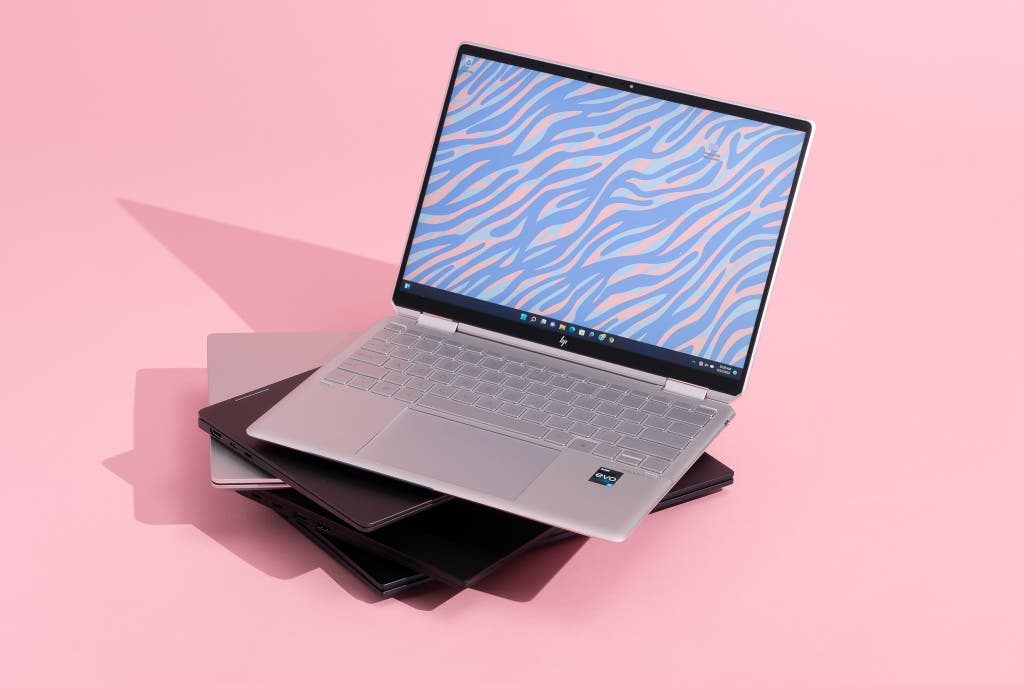
This image is property of cdn.thewirecutter.com.
Environmental Impact of Ultrabooks
Energy efficiency of Ultrabooks
Ultrabooks are designed with energy efficiency in mind. Their power-efficient processors and optimized operating systems ensure that they consume minimal power during regular usage. Compared to traditional laptops, Ultrabooks often require less energy to perform the same tasks, resulting in reduced electricity consumption. The long battery life of Ultrabooks also reduces the need for frequent charging, further enhancing their energy efficiency. Some Ultrabooks also come with features such as ambient light sensors that automatically adjust screen brightness to conserve power.
Disposal and recycling practices
Proper disposal and recycling of electronic devices, including Ultrabooks, is essential to minimize their environmental impact. Many manufacturers have recycling programs in place, allowing users to return their old Ultrabooks for proper recycling and disposal. It’s important to follow local regulations and guidelines for electronic waste disposal, as some components of Ultrabooks can be hazardous if not handled properly. Additionally, before recycling or disposing of an Ultrabook, it’s important to securely erase any personal data to protect your privacy.
Comparative analysis with other laptops
When comparing the environmental impact of Ultrabooks with other laptops, there are a few factors to consider. Ultrabooks often consume less energy compared to traditional laptops, resulting in reduced greenhouse gas emissions. The lightweight and compact design of Ultrabooks also means that fewer materials are used in their construction, reducing resource consumption. Additionally, the use of energy-efficient components and recycled materials in some Ultrabooks further reduces their environmental footprint. However, it’s important to note that the manufacturing and disposal processes of all laptops have some level of environmental impact, and it’s crucial to consider the entire lifecycle of a device when evaluating its environmental impact.
Conclusion: Is an Ultrabook a Good Laptop?
In conclusion, Ultrabooks offer a unique combination of performance, portability, and style, making them a great choice for many users. Their sleek and lightweight design, powerful processors, and long battery life make them highly versatile and suitable for a wide range of tasks. Despite their higher price point and limited upgrade options, Ultrabooks provide a premium computing experience that can enhance productivity, entertainment, and creativity. The specific needs and preferences of the user should be considered when choosing an Ultrabook, as well as the budget and desired features. Whether you’re a student, business professional, gamer, or multimedia enthusiast, Ultrabooks can offer a compelling and efficient laptop solution.

This image is property of cdn.thewirecutter.com.







